Modular: The New Mongoose Traveller #3 — Random Adventures, Or How I GM’d With No Prep
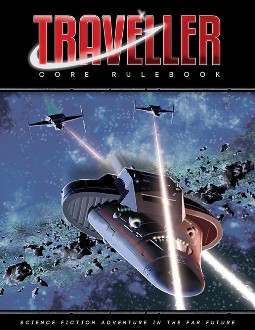
Spacers in Ganelon Navy uniforms cram the bar. These guys have a reputation for trashing bars and brawling with strangers. However, this evening, they are beyond well behaved. They keep their hands off the waiting staff, even tip them generously. They are almost painfully polite — “I’m sorry I nearly jostled you! Please accept my apologies, and further apologies on behalf of my ship and indeed my culture…”
This is a problem!
Or at least a problem for the three hard-up traveling companions huddled around a small corner table… let’s call them Travellers... sipping beer from bulbs designed to cope with the 0.15G (these are real!). They have a contract to catch the Ganelon spacers behaving badly so as to compromise that star kingdom’s naval goodwill tour. So far, they are not seeing any bad behaviour.
Somewhat direct in mentality, Charadack, the retired marine sergeant in the group, starts loudly boasting about a battle in which the Imperium forces utterly thrashed those of Ganelon Star Kingdom. Perhaps he can provoke an assault?
After about fifteen minutes, a Ganelon officer carefully navigates the crowded bar and addresses Charadack: “I hear you are talking about your great victory. May I compliment you and the entire Imperium for your chivalry? You are brave and noble fighters, and indeed were exceptionally polite and gracious to the POWs captured as a result of your glorious success…”
At this point, our Travellers are starting to freak out. What is going on?
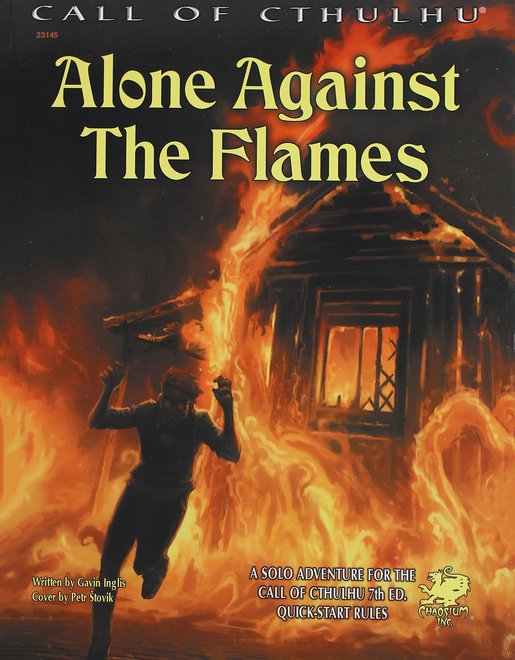
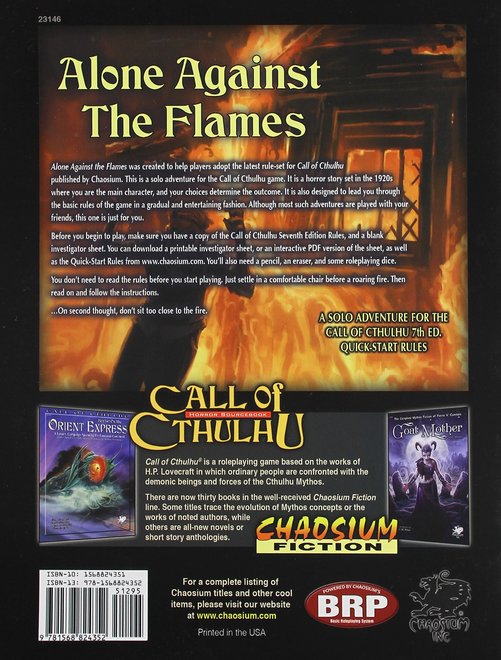
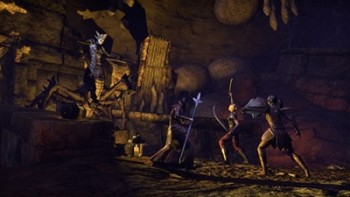
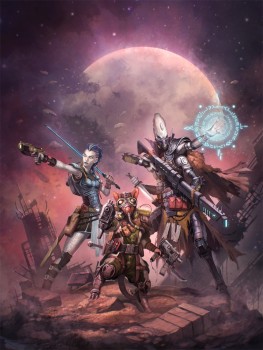
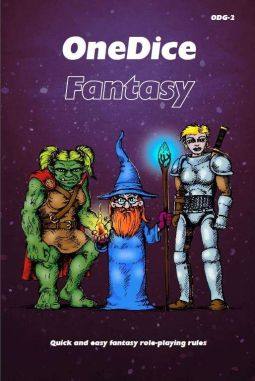
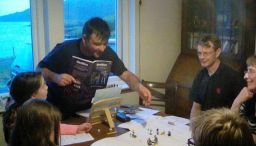
 Traveller Rule 0 is, roughly, “The Referee Can Make S…tuff Up.”
Traveller Rule 0 is, roughly, “The Referee Can Make S…tuff Up.”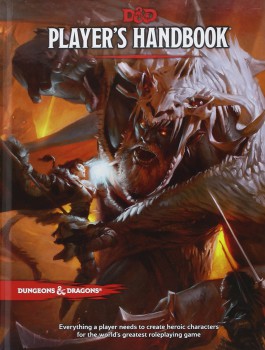
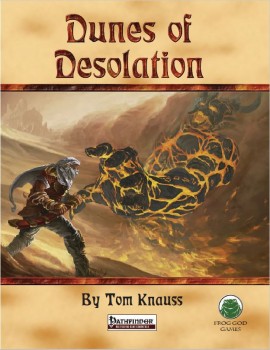
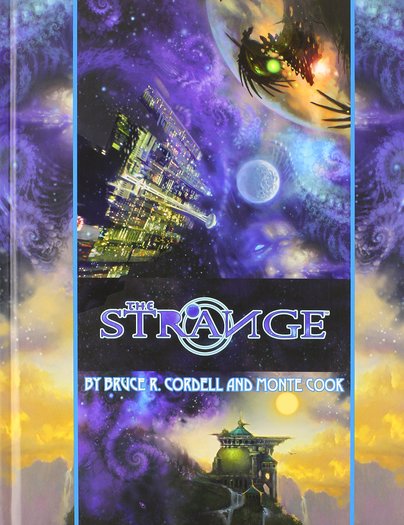
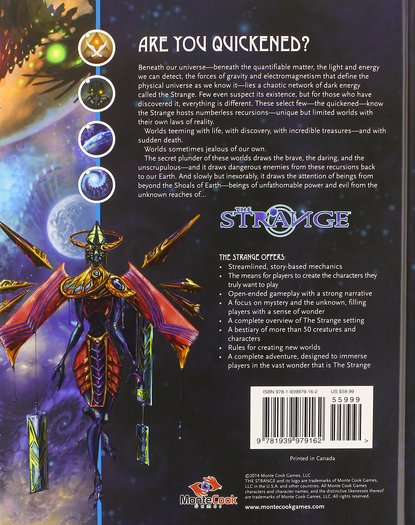
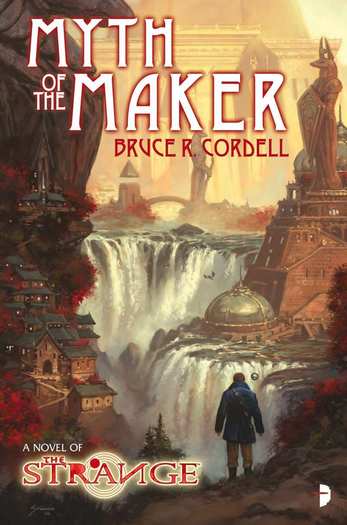
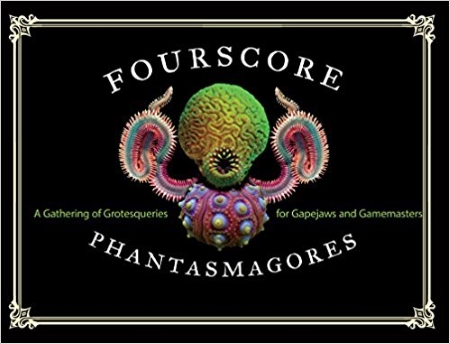 There’s a paradox in the nature of a dictionary of monsters. The medieval bestiaries at least claimed to be compendia of actual knowledge. But books like Jorge Luis Borges and Margarita Guerrero’s Book of Imaginary Beings (Manual de zoología fantástica) and perhaps even Katharine Briggs’ Dictionary of Fairies are only superficially rational collections of information. Though alphabetised and cross-referenced, the logical framework’s a way of presenting wild fantasy and dream: basilisks and baldanders, brownies and banshees, sylphs and sphinxes. The Monster Manual, and the role-playing handbooks it inspired, take this contradiction to a new level — detailed statistics for each creature described along with the avowed intent of inspiring new stories featuring the legendary or imaginary entities. Quantified, numerically precise, the monsters in these enchiridia still crack open the inside of the head, driving readers to imagine worlds big enough to hold dungeon-dwellers and dragons. Rupert Bottenberg’s Fourscore Phantasmagores is the newest volume of these wonders for gamers and monster-lovers of all stripes, presenting, as it says on the cover, “A Gathering of Grotequeries for Gapejaws and Gamemasters.” And, conscious of its predecessors, the book’s a rich source of inspiration; a grimoire seeding new myths.
There’s a paradox in the nature of a dictionary of monsters. The medieval bestiaries at least claimed to be compendia of actual knowledge. But books like Jorge Luis Borges and Margarita Guerrero’s Book of Imaginary Beings (Manual de zoología fantástica) and perhaps even Katharine Briggs’ Dictionary of Fairies are only superficially rational collections of information. Though alphabetised and cross-referenced, the logical framework’s a way of presenting wild fantasy and dream: basilisks and baldanders, brownies and banshees, sylphs and sphinxes. The Monster Manual, and the role-playing handbooks it inspired, take this contradiction to a new level — detailed statistics for each creature described along with the avowed intent of inspiring new stories featuring the legendary or imaginary entities. Quantified, numerically precise, the monsters in these enchiridia still crack open the inside of the head, driving readers to imagine worlds big enough to hold dungeon-dwellers and dragons. Rupert Bottenberg’s Fourscore Phantasmagores is the newest volume of these wonders for gamers and monster-lovers of all stripes, presenting, as it says on the cover, “A Gathering of Grotequeries for Gapejaws and Gamemasters.” And, conscious of its predecessors, the book’s a rich source of inspiration; a grimoire seeding new myths.